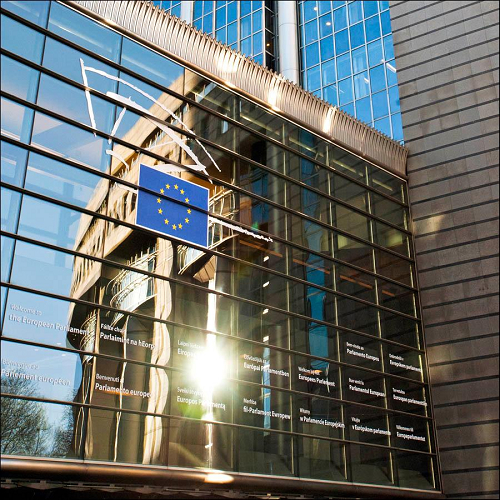EP this week: failing banks, bailout countries, plenary preparations
Welcome to 2014! This month Greece took over the presidency of the Council of the EU for the next six months, Latvia became the 18th country to adopt the euro, while the European elections will take place in May. This week MEPs meet in committees to investigate Troika operations in bailout countries, vote on funding for asylum and law enforcement measures and debate how to deal with failing banks. In addition political groups are preparing for next week’s plenary.

MEPs have another busy week ahead of them
The EP has launched an inquiry into how the Troika - made up of the European Commission, European Central Bank and International Monetary Fund - have dealt with countries that needed to be bailed out, namely Greece, Ireland, Portugal and Cyprus. On Monday an EP delegation visits Portugal, while on Thursday the employment committee organises a public hearing.
Alejandro Cercas, a Spanish member of the S&D group, is preparing a report on the social situation in bailout countries as a result of the Troika interference, which is the first EP report on which the public is being consulted on using LinkedIn. If you are interested, you can take part by clicking on the link on the right.
Negotiators from the Parliament and the Council will on Wednesday start talks on a single resolutions system for failing banks, which is a key part of the EU's banking union.
The civil liberties committee votes on Thursday on €2.8 billion to fund measures in the field of asylum, legal migration and the return of people staying in the EU irregularly. They will also cast a vote on a €3.3 billion fund to boost cooperation on law enforcement. Both funds cover the period 2014-2020.
Meanwhile political groups are preparing for the next plenary session from 13-16 January. The main topics are expected to be: insider trading, NSA spying and the "sale" of EU citizenship. The outgoing Lithuanian presidency of the Council of the EU and the incoming Greek one will be discussed with representatives of their respective governments.
Source: European Parliament
- 389 reads
Human Rights
Fostering a More Humane World: The 28th Eurasian Economic Summi

Conscience, Hope, and Action: Keys to Global Peace and Sustainability

Ringing FOWPAL’s Peace Bell for the World:Nobel Peace Prize Laureates’ Visions and Actions

Protecting the World’s Cultural Diversity for a Sustainable Future

Puppet Show I International Friendship Day 2020

